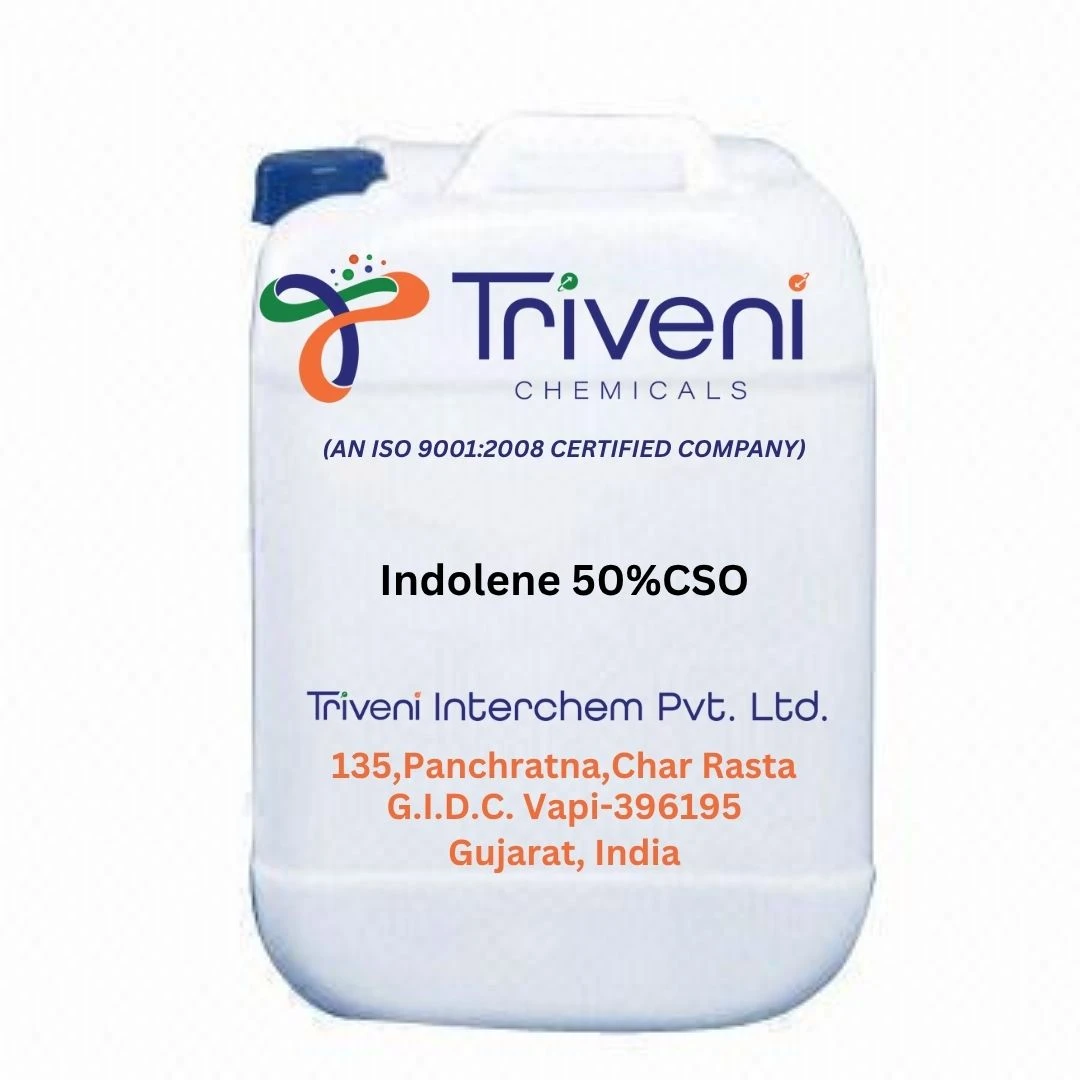The fascinating fusion of science, art, and business that is the perfumery industry is devoted to producing and promoting scents that arouse feelings, memories, and desires. It includes a wide range of tasks, such as developing new fragrances and developing products, marketing, and distribution, and it makes a substantial contribution..
The fascinating fusion of science, art, and business that is the perfumery industry is devoted to producing and promoting scents that arouse feelings, memories, and desires. It includes a wide range of tasks, such as developing new fragrances and developing products, marketing, and distribution, and it makes a substantial contribution to both the global economy and cultural landscape.Making perfumes, colognes, and other scented goods is the main focus of perfumery. Perfumers are experts at combining aromatic substances like essential oils, artificial smells, and natural extracts. They are frequently educated through demanding apprenticeships or specialized programs. Their skill set includes not just knowing how each ingredient smells, but also balancing them to create a unique and pleasing aroma profile. Whether it's from nature, art, or popular culture, inspiration is the first step in making a perfume. Fragrancers carefully choose and blend scent notes, taking into account each one's intensity, volatility, and evolution over time. In order to guarantee that the finished product satisfies both technical and aesthetic criteria, this artistry is balanced by scientific knowledge of chemistry and sensory perception.The fragrance sector is a highly innovative and competitive business environment. Businesses make significant investments in R&D to find novel fragrance compounds, enhance manufacturing processes, and predict customer preferences. Fashion, celebrity endorsements, and shifting consumer lifestyles can all have a significant impact on market trends, making it difficult for industry participants to stay relevant and hold onto market share without swiftly adapting. The perfume industry is huge worldwide, with mass-market sellers, niche craft perfumers, and luxury businesses all present. From the individualized appeal of bespoke perfumes to the aspirational appeal of designer scents, each class caters to particular consumer tastes and demographics. Growing disposable incomes and a growing appreciation for luxury products have made emerging markets in Latin America and Asia-Pacific more significant.Perfumery has cultural significance that extends beyond its economic effects, impacting customs, rituals, and individual identities. Fragrances can be used to express one's identity, communicate status, or induce feelings of nostalgia. They are essential to everyday rituals, special occasions, and personal grooming practices all around the world. The fragrance industry has a number of difficulties, such as adhering to regulations, being mindful of sustainability, and finding ethical raw material suppliers. As consumers grow more knowledgeable and mindful of their purchases, concerns like managing allergies and the environment's impact become increasingly important.To sum up, the fragrance sector is a dynamic mosaic of innovation, industry, and business. It offers consumers a rich tapestry of scents to improve their lives while fusing scientific accuracy with sensory creativity to shape global marketplaces and cultural behaviors. Fragrance creation will always be a timeless fusion of innovation and tradition since innovation and sustainability will drive its development.




